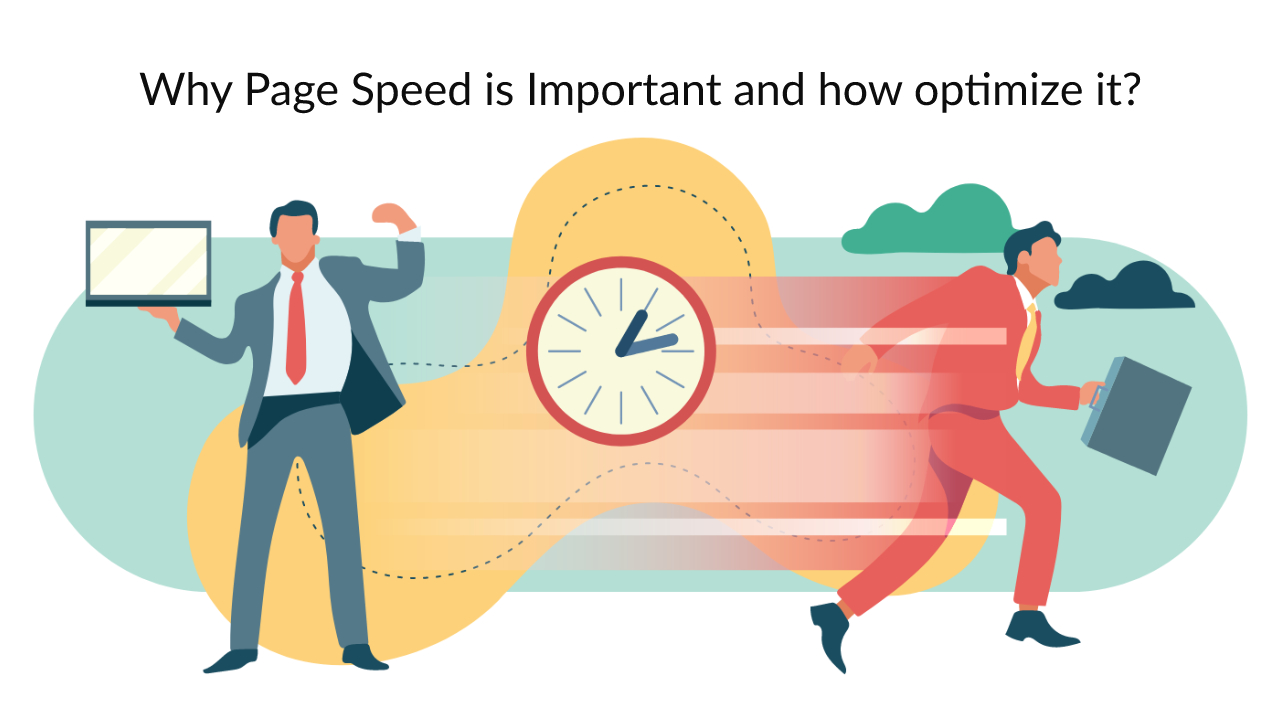Why Page Speed is Important and how optimize it ?
In today’s digital age, where information is readily available at our fingertips, page speed has become a crucial factor in website performance. It refers to the amount of time it takes for a web page to fully load and display its content. Studies have shown that users have a short attention span and are likely to abandon a website if it takes more than a few seconds to load. This makes page speed optimization vital for businesses and website owners.
There are several reasons why page speed is important. Firstly, it directly impacts user experience. Users expect websites to load quickly and smoothly, and any delay can lead to frustration and a negative perception of the website. Slow page speed also increases bounce rates, as users are more likely to leave a website and find an alternative if it takes too long to load. This can result in lost conversions, lower revenue, and decreased customer satisfaction.
Secondly, page speed is a crucial ranking factor for search engines like Google. In 2010, Google announced that page speed would be incorporated as a signal in their search ranking algorithms. This means that websites with faster loading times are more likely to rank higher in search engine results pages. Improved rankings lead to increased visibility and organic traffic, which can significantly benefit businesses and increase their online presence.
So, how can we optimize page speed? There are several techniques and best practices that can be implemented. First and foremost, optimizing images and reducing their file sizes can greatly improve page load times. Compressing images, using the correct file format, and lazy-loading them can significantly reduce the amount of data that needs to be loaded.
Another important aspect is minimizing HTTP requests. This can be achieved by combining multiple CSS and JavaScript files into a single file, reducing unnecessary plugins and scripts, and utilizing browser caching to store static resources.
Furthermore, reducing server response time and utilizing content delivery networks (CDNs) can also greatly improve page speed. CDNs cache website content in various global locations, making it closer to the user and reducing the distance data needs to travel.
In conclusion, page speed is a crucial element of website performance and user experience. It directly affects user satisfaction, search engine rankings, and overall business success. By optimizing images, minimizing HTTP requests, and reducing server response time, website owners can significantly improve their page speed and ensure a seamless browsing experience for their users.

